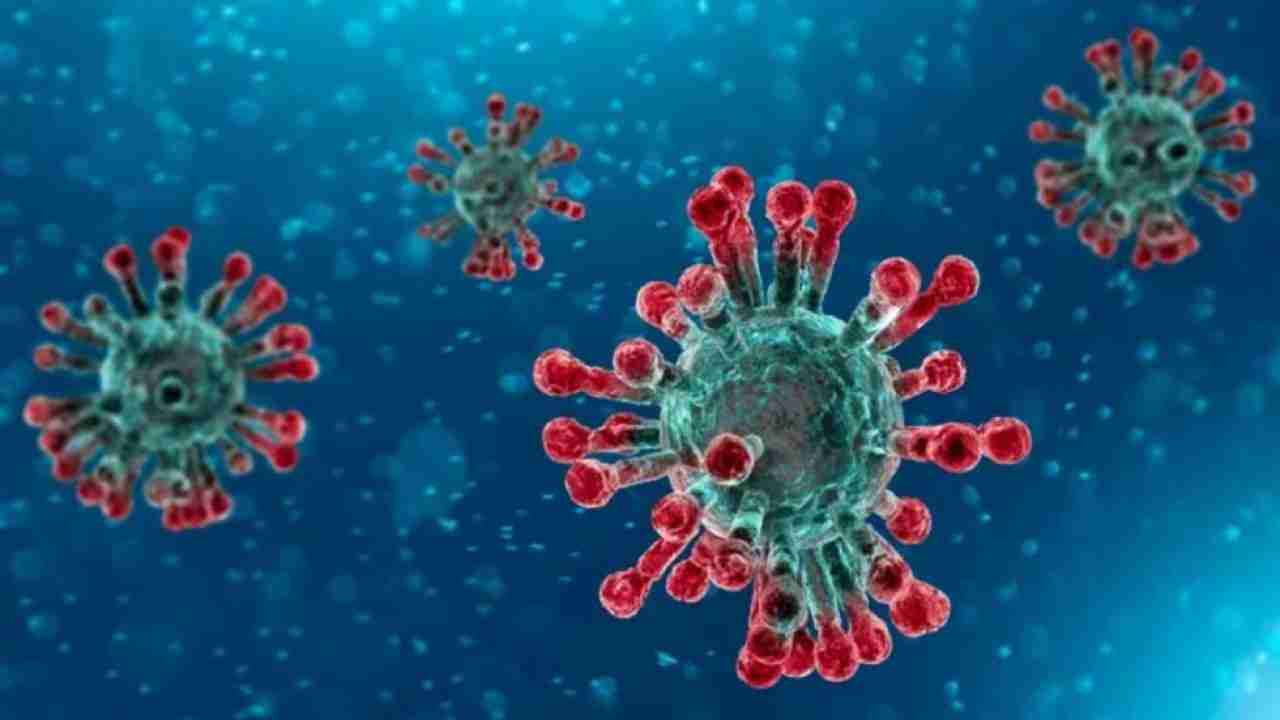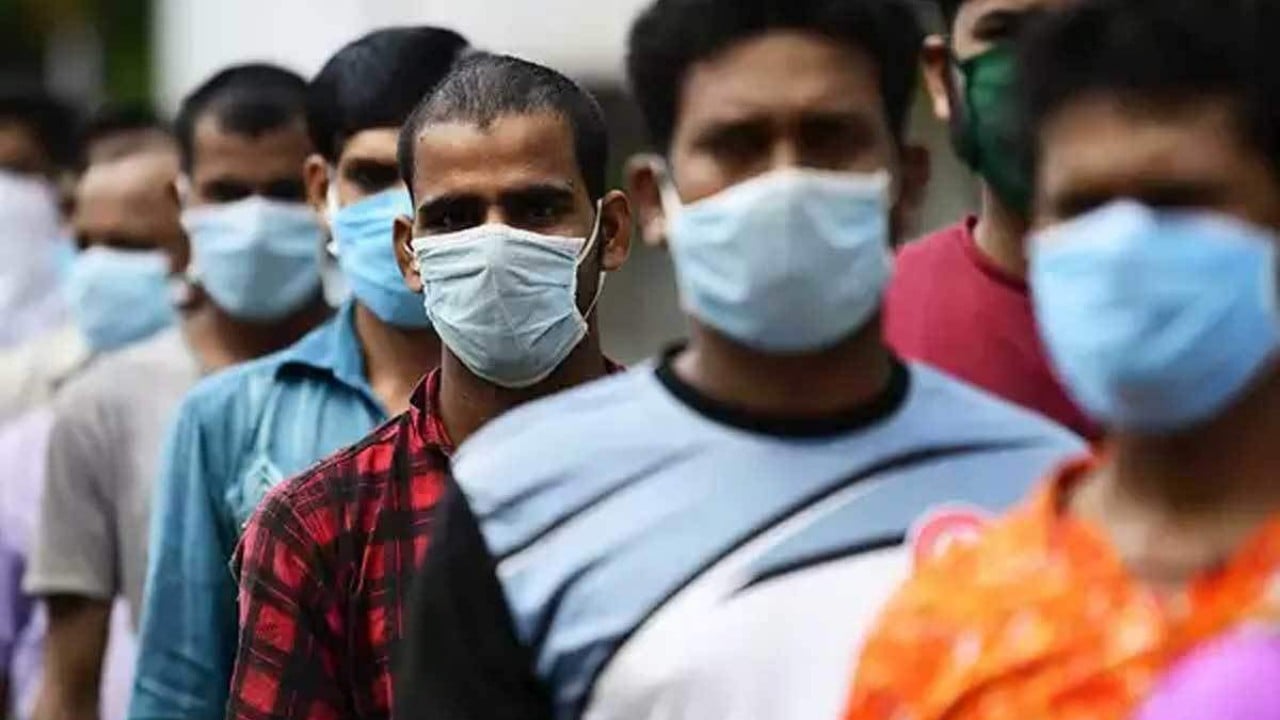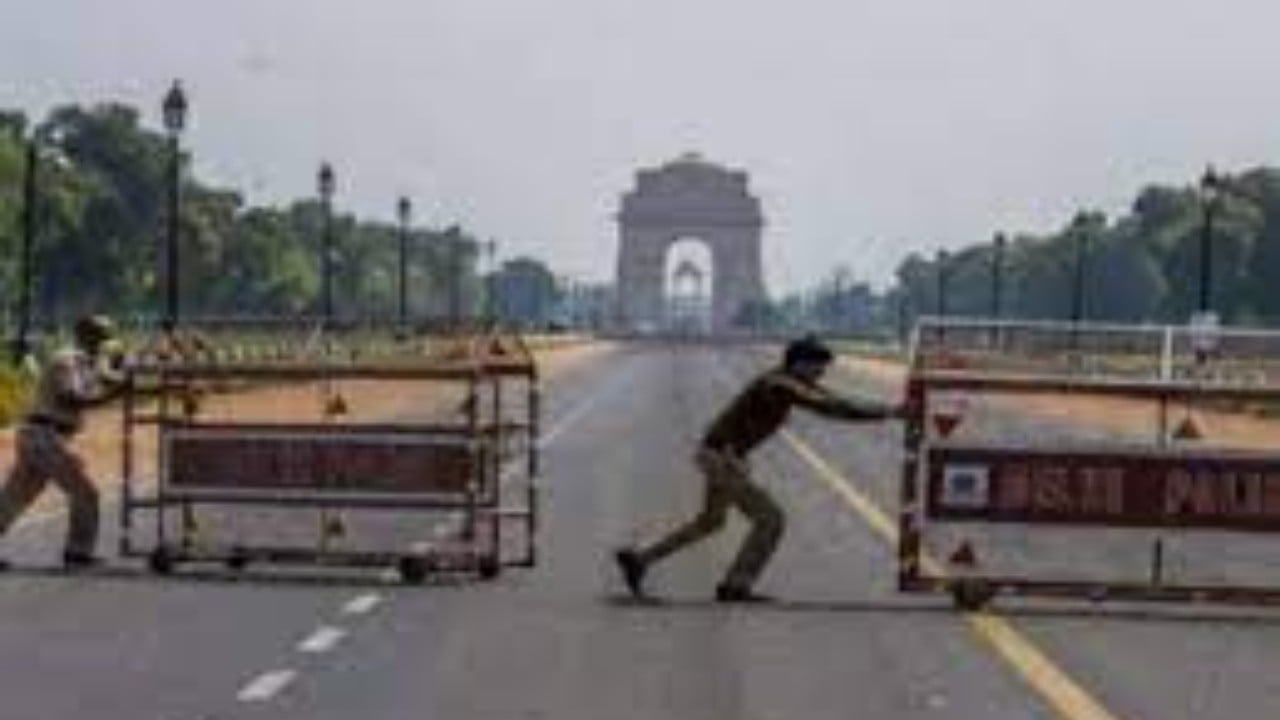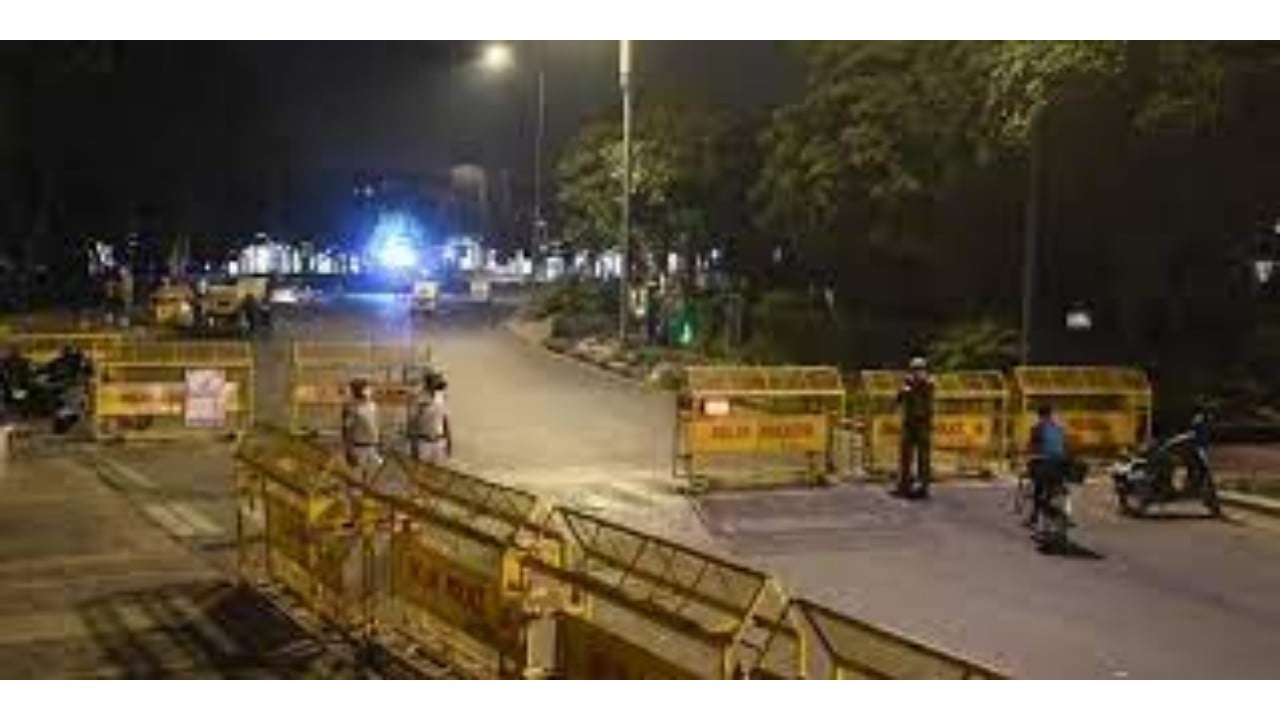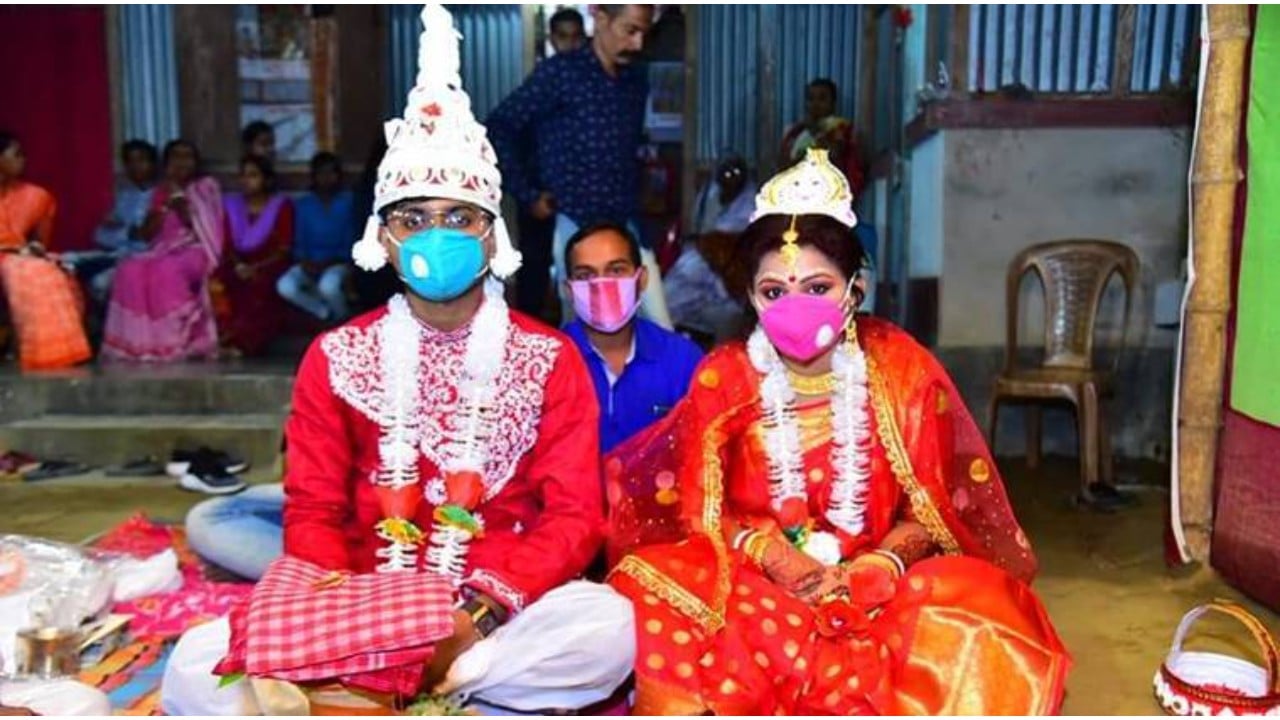India is grappling under yet another Covid-19 variant, creating panic among the citizens. The advent of the Omicron strain has resulted in a surge in daily Covid-19 cases which had been declining for a few months.
With reporting over 2 lakh cases in a single day, several states and union territories have imposed restrictions in order to prevent the spread of Covid-19 infection.
Night Curfew in the country state-wise
Here are state-wise restrictions imposed so far
Maharashtra
Night curfew in the state is imposed from 11 pm to 5 am.
Schools and colleges will be closed till February 15.
Not more than 50 persons are allowed to attend a marriage, social, religious, cultural or political gathering. At funerals, not more than 20 persons can remain present.
Restaurants, shopping malls have been asked to function at half capacity.
Haircutting salons, gyms and beauty salons are allowed to operate at 50 percent capacity and only fully vaccinated people shall be allowed to use these services.
Entertainment parks, zoos, museums and all other tourists places will remain closed.
Delhi
Night curfew in the city is imposed from 10 pm to 5 am.
Weekend curfew in the city from Friday 10 pm to Monday 5 am.
Shops to open with the odd-even rule.
Private offices to operate from work from home.
No-dine facilities are allowed in the restaurants and bars, only takeaways are allowed.
Cinema halls, spas, gyms, multiplexes, banquet halls, auditoriums & sports complexes will remain closed.
Schools and colleges will remain closed in the city.
Haryana
Night curfew from 11 pm to 5 am is already in force in the state.
The government and private offices, except for emergency / essential services, have been advised to function with 50 percent staff attendance.
Markets and malls have been allowed to remain open till 5 pm. Bars and restaurants have been permitted to function with 50 percent of their seating capacity.
All sports complexes, swimming pools and stadia shall remain closed except when being used for training of sportspersons for participation in national and international events.
All entertainment parks and B2B exhibitions are prohibited.
Only fully vaccinated persons are allowed to enter places such as vegetable and grain markets, public transport, parks, religious places, bars, restaurants, hotels, departmental stores, ration shops, liquor and wine shops, malls, shopping complexes, local markets, petrol and CNG stations, milk booths, gyms and banks.
Karnataka
The night curfew is imposed from 10 pm to 5 am.
Pubs, restaurants, clubs, hotels, bars, etc are allowed to run with 50 percent seating capacity. Only fully vaccinated people will be allowed on the premises.
Schools and colleges will remain shut.
Only 200 people are allowed to participate in marriage functions held in open spaces, whereas only 100 people are allowed to attend the function in closed spaces.
Cinema halls, multiplexes, auditoriums, etc will function with 50 percent seating capacity and must allow only fully-vaccinated people.
Religious places will be open only for Darshan. No seva and prasad offerings are allowed. 50 fully-vaccinated people are allowed at a given time.
Gyms and swimming pools can operate at 50 percent capacity. Entry will be restricted to only fully-vaccinated people.
Sports complexes and stadiums can function with 50 percent capacity.
West Bengal
The night curfew in the state is imposed between 10 pm to 5 am.
All government and private offices are allowed to operate at just 50% capacity. Administrative meetings are to be held virtually.
All schools, colleges, universities, spas, salons, beauty parlors, swimming pools, zoos, and entertainment parks will remain closed.
Religious, cultural, and social gatherings will be allowed with up to 50 people.
Meetings/conferences will be limited to a maximum of 200 people or 50% of the venue’s seating capacity.
The number of attendees for marriage-related gatherings and funerals/last rites is capped at 50 and 20 persons, respectively.
Shopping malls/market complexes, restaurants/bars, and theaters may operate with 50% capacity up to 10 pm.
Uttar Pradesh
The night curfew is imposed from 10 pm to 6 am.
Public places like restaurants, cinema halls, and spas will function at 50 percent of their total seating capacity.
Gyms, pools, and water parks will remain closed in these districts.
For weddings and other functions taking place in closed spaces, not more than 100 people can assemble. For functions taking place in open spaces, only 50 percent of a ground’s total capacity can be filled.
School for classes up to the 10th grade will remain shut from 6 January to 14 January.
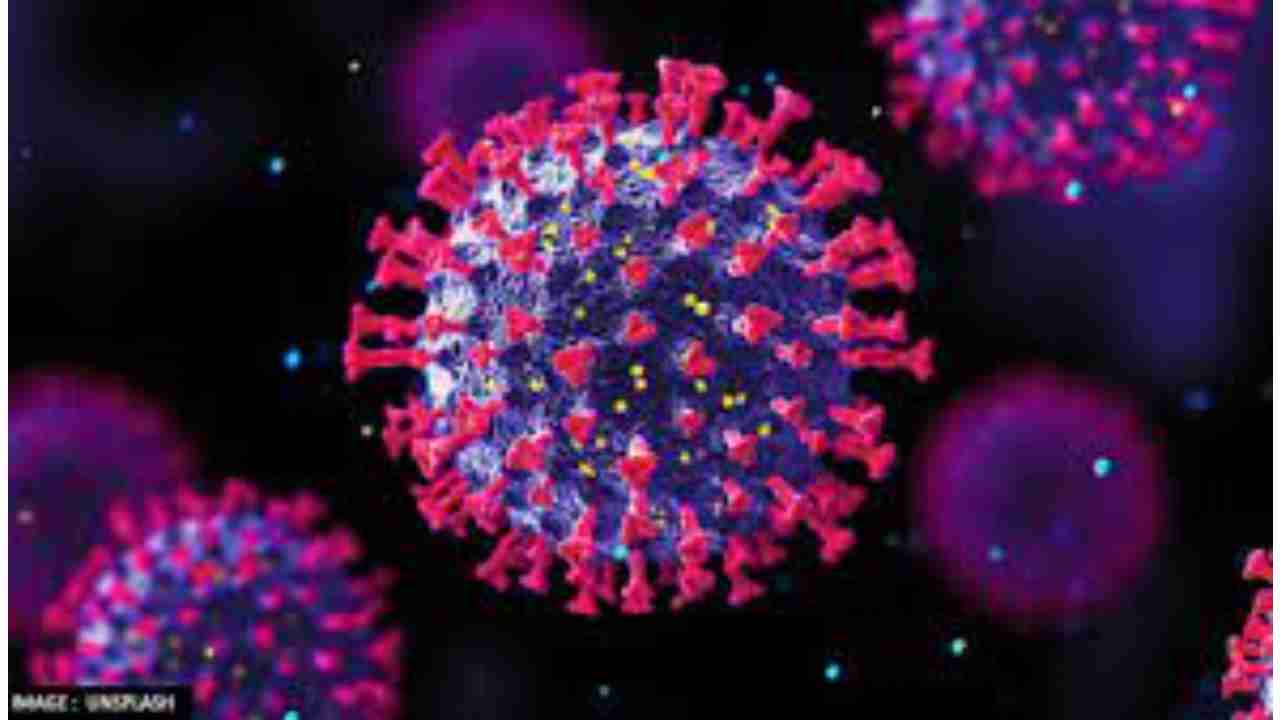

 Latest world news16 hours ago
Latest world news16 hours ago
 Latest world news16 hours ago
Latest world news16 hours ago
 Latest world news15 hours ago
Latest world news15 hours ago
 India News16 hours ago
India News16 hours ago
 India News7 hours ago
India News7 hours ago
 Latest world news6 hours ago
Latest world news6 hours ago
